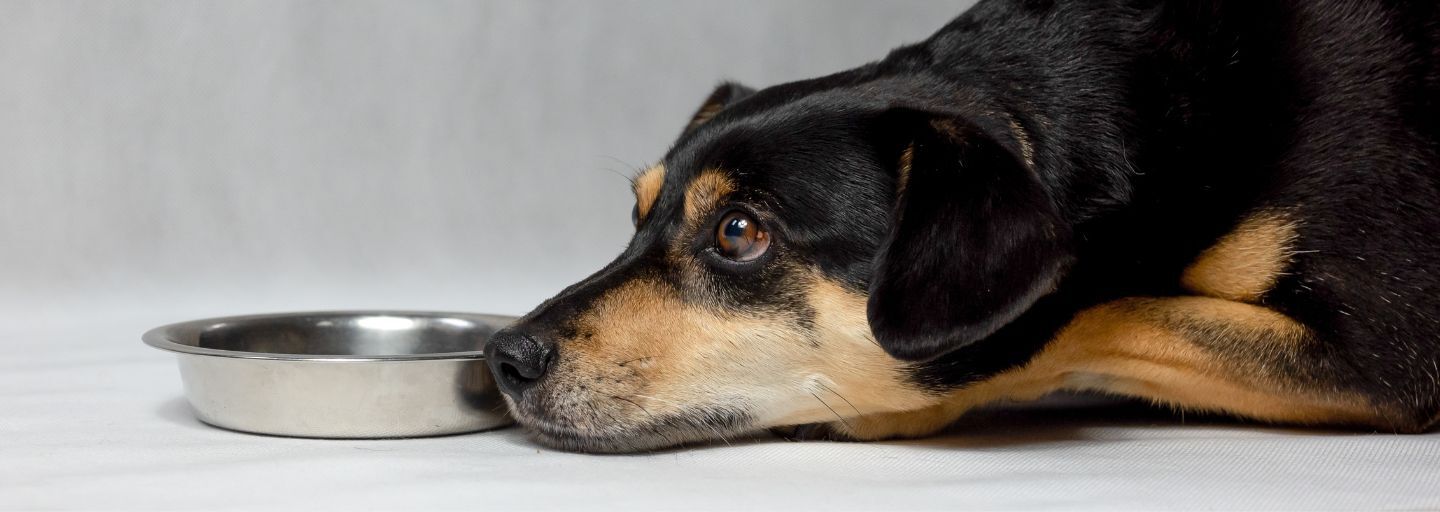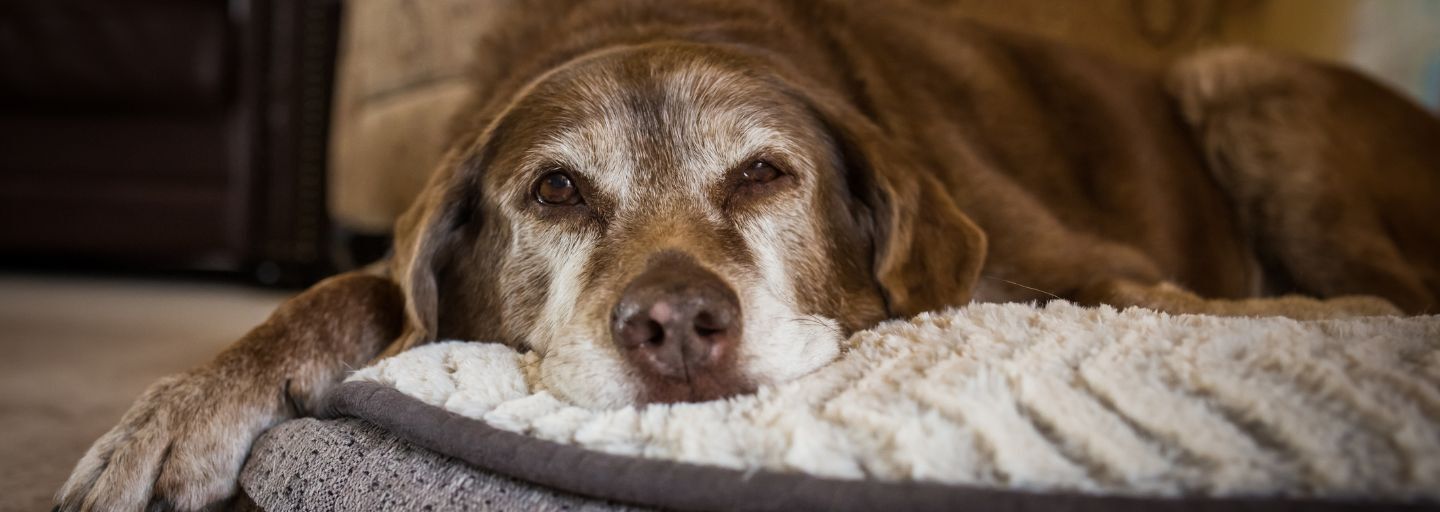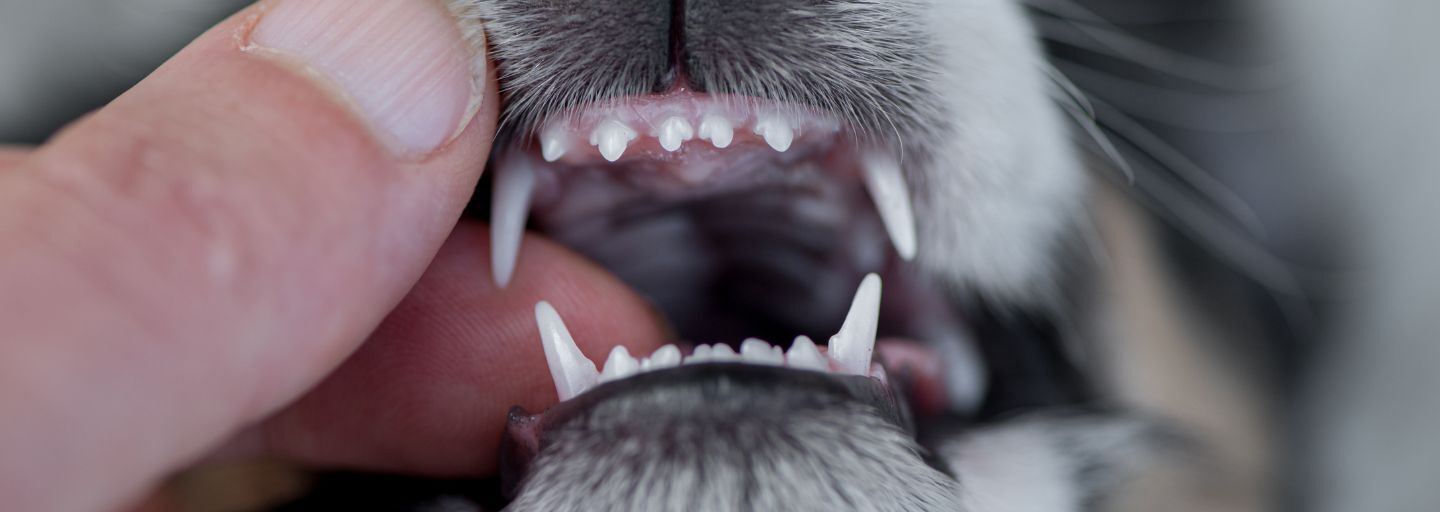Dogs have a reputation for eating anything and everything, but some can actually be as fussy as felines.
Why is my dog not eating?
There are a variety of reasons for loss of appetite in dogs. If you are considering your dog’s appetite based on the guidelines stated on the purchased food, it is important to remember that these guides are representing only the average. That means your dog can be perfectly healthy even when not eating the amount stated on the package.
Main reasons for a dog losing appetite:
- A sign of illness. It is usually associated with other symptoms. Your dog must be observed and if it persists should be taken to the vet to be examined and receive the proper care. Treatment in the early stages of any disease is the best conduct to prevent serious consequences and improves the success of treatments.
- Dental disease. If your dog is suffering from pain in his mouth caused by periodontal affections, gingivitis, oral tumors, or a broken tooth, they might represent one of the causes for losing its appetite.
- Recent vaccination. As one of the adverse effects of vaccines, your dog might lose his/her appetite, but it should be only a minor and temporary sign.
- Car sickness. It can cause nausea in some dogs who are not used to car rides. Consequently, they might lose their appetite for a few hours depending on their stomach sensitivity.
Fuss and bother
When your dog shuffles up to the bowl, sniffs at its contents, then looks up at you in disinterest or even disgust, what do you do?
Firstly, don’t panic and give in to the temptation of allowing him to settle into bad eating habits – because you may end up killing him with kindness. So even if you find it hard to resist those big, begging eyes, be aware that fussy eating is a problem that needs to be addressed - for the good of you both.
Every dog is different
When it comes to fussy eating, remember that dogs will not normally starve themselves just because they are a bit choosy about their food (although if your dog goes 24 hours without eating anything, consult your vet). A thin appearance does not necessarily mean that anything is wrong. Just like us, some dogs are naturally thinner than others.
Don't teach your dog bad habits
For the most part, fussy eaters are made, not born. Dogs are smart characters, and often they will balk at their food because they've learned that they can get lots of extra attention and hand-feeding by worrying their owners.
The really clever ones will also know that if they hold out just long enough, they might get offered some delicious human food instead.
To change fussy behavior, the first step is to identify the ways you may have encouraged it, whether by accident or on purpose. Alternatively, your dog may be sneaking extra meals somewhere – or from someone – else! A quick check with your neighbors, other family members, and the rubbish bins may explain why dinner is left untouched.
What to do?
Try the following to give your dog his appetite back:
- If you are petting or hand-feeding, stop for a while;
- Increase the palatability of dry food by adding a good-quality canned food or by soaking it in warm water.
- Try gently warming wet food in the microwave to release its delicious aromas;
- Feeding dogs during the family meal will make them feel socially included, but always ignore them when you eat;
- Resist the urge to praise your dog for eating and only leave food on offer for 15 minutes – if it's not consumed, remove it and offer a fresh bowl of food 12 hours later. As long as food is available twice daily, your fussy dog will not starve.
Less could be more for your dog
You could also try switching to a dry complete food designed for 'active' dogs. These formulations tend to be very concentrated, so your dog won't need to eat as much to receive an equivalent level of energy. Active foods also contain higher levels of oil, which can make them more attractive to your dog. Specially formulated 'sensitive' recipes, meanwhile, have a high level of digestibility, which can also sometimes encourage a fussy eater.
If looking for a sensitive formula for your dog consider: PRO PLAN Sensitive and SUPERCOAT Sensitive.



